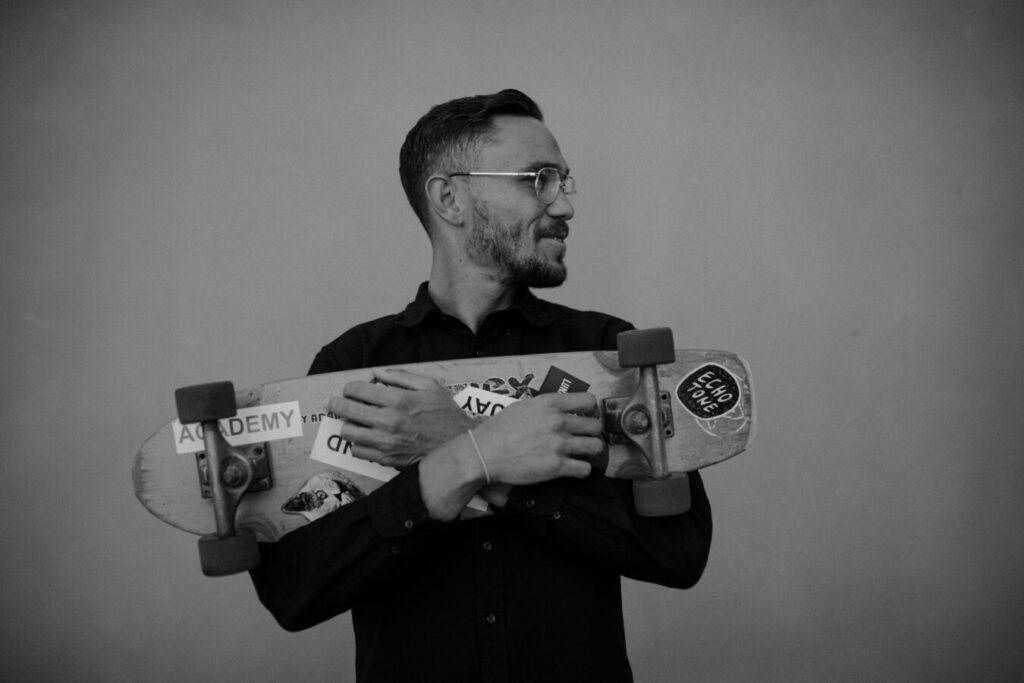
For many footballers, the passion for the game provides adequate motivation to reach the highest professional levels, navigate obstacles, overcome injury setback, contract rejection and many other challenges associated with a professional career. But what happens when you lose the passion for the game at the professional level altogether? Or the passion was never really there in the first place?
For James Brown, that was his discovery as he looked to reignite his career in South Africa. However, despite calling time early on his career, Brown’s discovery was profound; his passion and motivation lies in helping others – and he now has the freedom to do just that.
When his father bought him a soccer ball for a present one Christmas as a kid, so began James Brown’s journey with football.
He’d tried rugby (“It wasn’t for me”), although it wasn’t the usual story of love at first sight that ignited Brown’s passion for the round ball. In fact, an overwhelming passion never really materialised for the beautiful game.
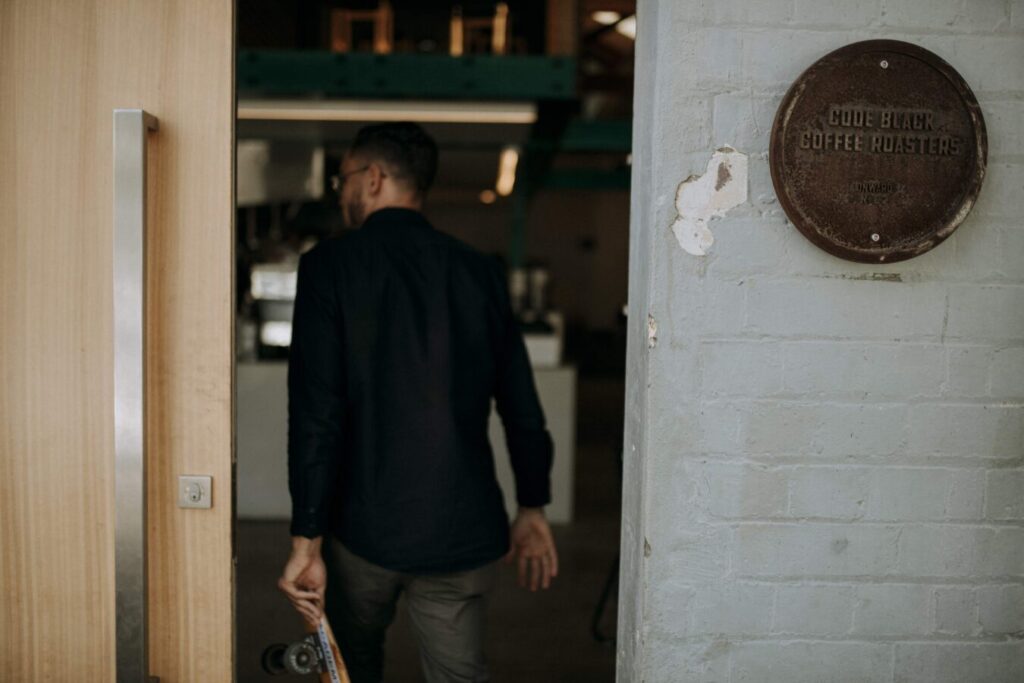
Instead, Brown admits he was “OK at it” and just “progressed along”. Possessing natural talent, that progression led him to the Queensland Institute of Sport, the Australian Institute of Sport before earning a coveted professional A-League contract – with hometown club Gold Coast United. Playing in front of his friends and family on the Coast was his “proudest career moment”.
From there, Brown added stints at Newcastle Jets and Melbourne City across a seven-season career. Where there may have been a deficit in passion, it was made up by his talent and potential. For any player, 82 matches in the A-League is not an achievement to be baulked at.

However, once Brown had fully immersed himself in the A-League there was still something about the professional game that never caught on.
After spending a season out of the A-League with Avondale, an opportunity to resurrect his professional career once more with a move to Cape Town FC came in 2016.
However, Brown quickly learned that despite his obvious talent, there wasn’t a burning desire to stay in the professional game.
“I tried my hand at playing overseas and signed with a club in South Africa. I really enjoyed living there, it was a beautiful part of the world and I would probably go back to visit. I think personally it was a good trip, I learned a lot about myself and what I want.
“I lasted about four or five months and realised I just had had enough of playing professionally. I lost motivation when I was playing…
“For me, I just lost that passion for playing and I kind of knew that it was something that I couldn’t put 100 per cent into.”

This probably comes as a shock to many within the tight-knit community that is Australian football. So many semi-professional players would love to be able to make the step into elite, professional football – and once there, they cling to it with dear life.
It is a dream and ambition for so many of Australia’s footballers – present and future – to make it professionally.
However, Brown has a self-awareness and understanding of who he is, and what he wants. And he wanted and needed something else.
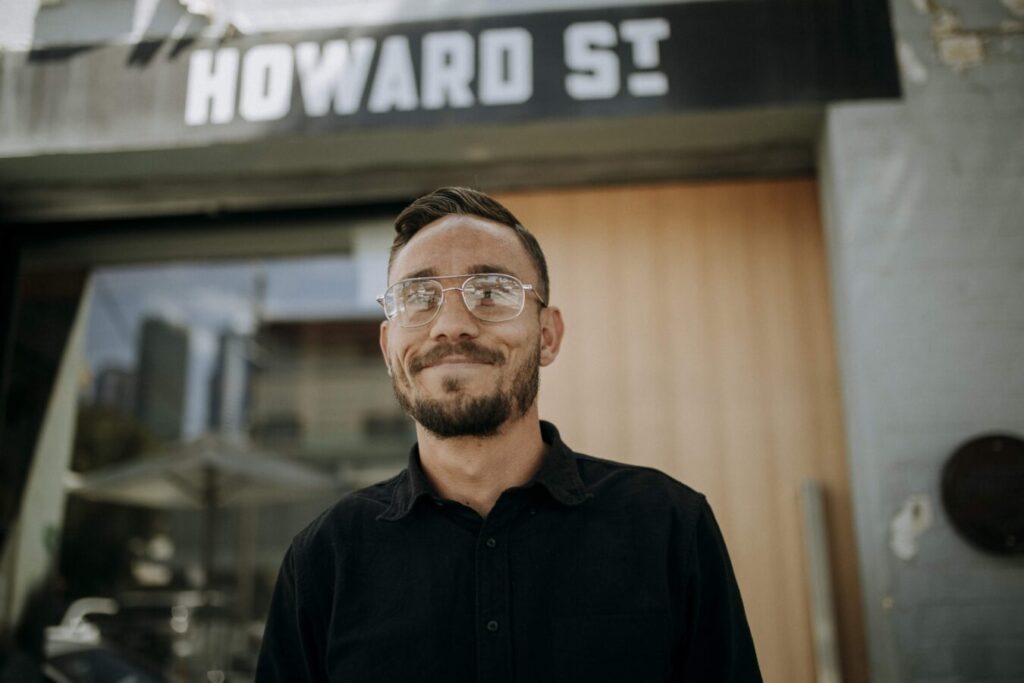
“I came back and wanted to put 100 per cent of my focus into my study. I’m fortunate enough where I have found a different kind of balance where I can focus on my study, but I can still play at a decent level. It was more about losing that passion of playing full time.
“Now I am running around for Hume in the National Premier Leagues in Victoria. I’ve been there about a year now and I’m really enjoying it.
“The training load is a lot less. At the moment we train three times a week and play a game at the weekend so it frees up a lot of time to pursue other activities that I want to do.
“I’m currently studying and just undertaking some placement work at the PFA, so that’s probably the main difference; you have a lot more spare time which has allowed me to explore other career options.”
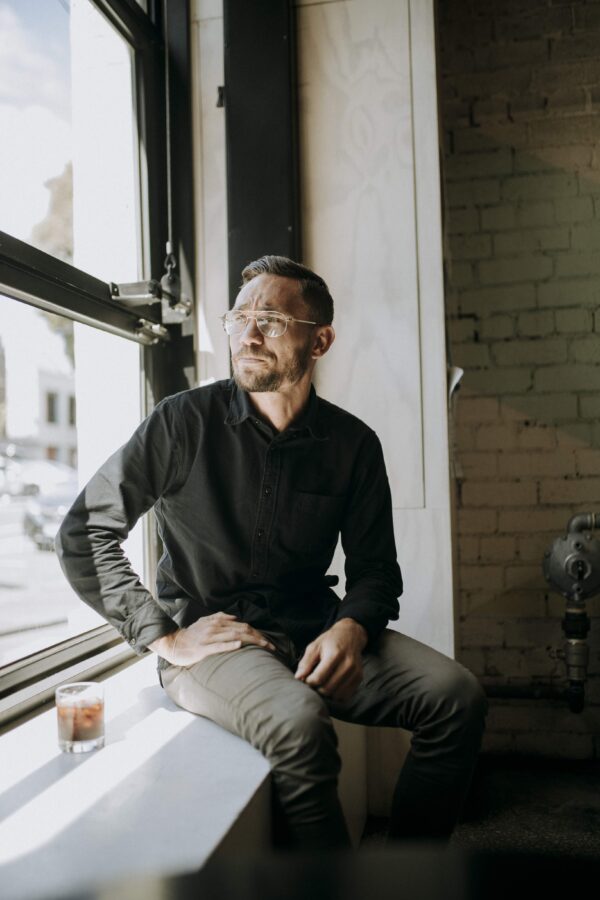
Brown is currently in his first year of his Bachelor of Business, Majoring in Sport Management with a focus on Economics at La Trobe University. He is also currently working with the PFA, meticulously preparing visual CVs for players who are out of contract.
“I think nearing the decision to come to the end of my professional career, the business side of sport appealed to me. I find it very interesting, being at the PFA has only really solidified that. The more that I am here, the more I realise I don’t know about the industry, and the more I realise I am interested in knowing more.
“It’s nice to know if a player secures a move to club and secures employment, you have done your little part to help secure that and I think that’s important that if you help others, it makes it very rewarding.”

A key area where Brown has a passion – and ultimately where his passion lies – is in making a meaningful impact to improving outcomes for Indigenous players. He recognises that football offers social benefits and positive health and wellbeing outcomes and develops discipline in individuals.
“You can show that if you work hard you can improve on things and apply that to other aspects of life too. It’s a very unique way of delivering positive messages to youth; through engagement with people they see running around on TV.
“Just because I no longer play professionally and people don’t necessarily see me on TV, it doesn’t mean I don’t want to be a role model.
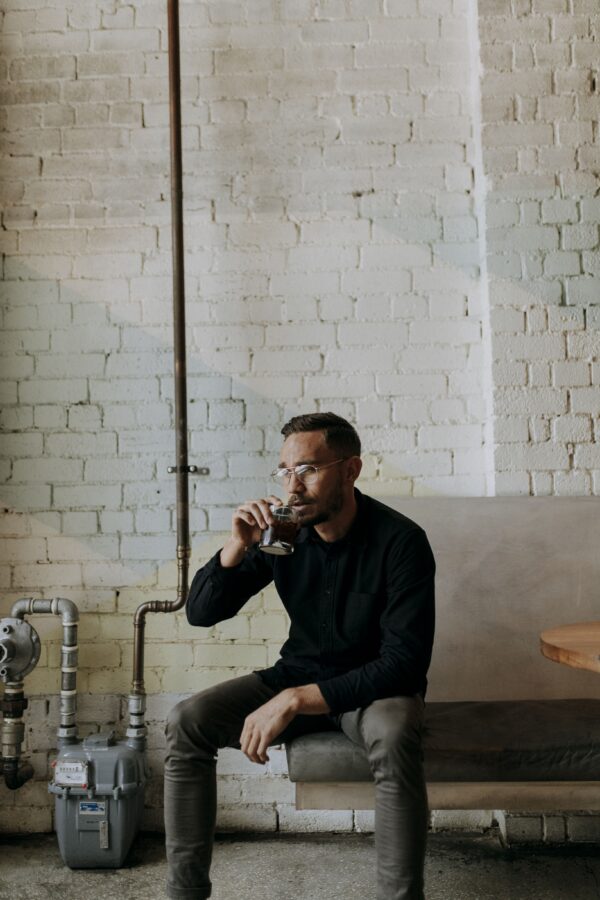
“I’m still making the right choices; I’m studying, I’m still active and still trying to better myself. I guess I am going about it in a different way now and I just want to support others to not only achieve their dreams of playing professionally but also by doing that, you are given the responsibility of being a role model, and I just want to support others to make it to the top level and staying there for as long as they can.
“Compared to other codes, there is a lot more we could be doing to target the indigenous population. I think the amount of indigenous players we have had, a large percentage have played for our country, so I think the talent is definitely there.”
“I think there is room for improvement – not just for indigenous population – but for football as a whole in Australia.

As for the decision to stop playing professionally, Brown – who has the added responsibility this year as an expecting father with his partner due to give birth in July – has no regrets.
“It took me until a couple of years ago to realise that me playing is not important; it’s me seeing other people get the opportunity and fulfil their potential. I want to create more role models for the Indigenous community.
“I want to create some cultural change, empower people and try to address that disconnect we have with the Australian public.”
